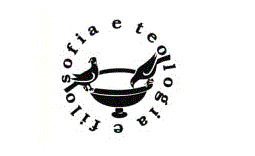


Il contributo intende vagliare i principali nuclei tematici attraverso i quali Ambrogio articola la propria esegesi della celebre vicenda della “vigna di Naboth” (1Re 21,1-16). Dato il dibattito critico attivo attorno a questa celebre opera ambrosiana – non di rado considerata monumento della “preistoria” della teoresi e dell’idealità comunista –, il contributo intende sottolineare un aspetto spesso trascurato dagli scholars nella valutazione dei fondamenti ideali del vescovo milanese: le coordinate escatologiche entro le quali il Primo e il Nuovo Testamento cifrano la ricchezza di fronte al regno di YHWH. Emerge così un concetto ambiguo di giustizia, più incline a ricuperare l’eredità ideale dell’aequitasromana che a non a farsi banditore della radicale giustizia escatologica.
Parole chiave: Ambrogio, De Nabuthae historia
This article intends to examine the ideal path which Ambrose follows within his exegesis of the famous story of the "vineyard of Naboth" (1Kgs 21:1-16). Given the active critical debate around this well-known Ambrosian work - not infrequently considered a monument of the "prehistory" of communist theory and ideality -, the analysis will underline an aspect often overlooked by scholars: Ambrose's silence about the eschatological framework within which the First and the New Testament encrypt the value of wealth. Thus an ambiguous concept of justice emerges within the pages of the De Nabuthae historia, more inclined to recover the ideal inheritance of Roman aequitas than to become the herald of radical eschatological justice.
Keywords: Ambrose, De Nabuthae historia